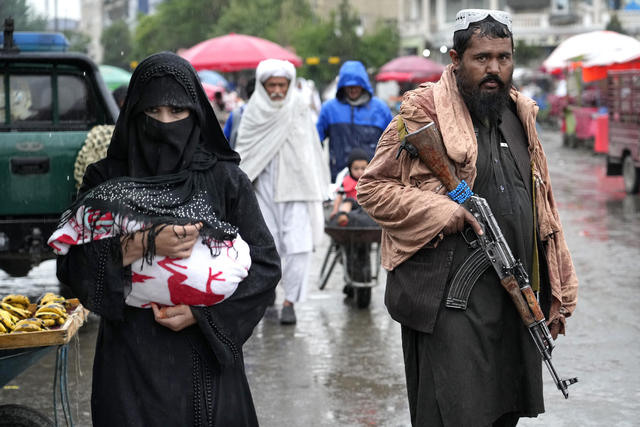Egypt’s Sisi opens naval base close to border with Libya
Ras Gargoub (Reuters) – Egyptian President Abdel Fattah al-Sisi inaugurated a large naval base on Saturday 135 km from the border with Libya, flanked by close ally Abu Dhabi Crown Prince Sheikh Mohammed bin Zayed al-Nahyan and Libya’s unity president.
Egypt says the July 3 base will help it protect strategic and economic interests as well as helping guard against irregular migration as it boosts its naval presence on the Mediterranean and the Red Sea.
At the inauguration, two Mistral helicopter carriers acquired from France were on display alongside a German-made submarine and two recently delivered FREMM-class Italian frigates.
Naval forces performed exercises that included the firing of missiles, parachute jumps and an amphibious landing.
Later, Sisi briefed guests at a private event about the giant hydropower dam being built by Ethiopia, which Egypt sees as a threat to its water supplies. The United Nations Security Council is likely to meet over the issue this week after talks repeatedly stalled.
Egypt appreciates Ethiopia’s development needs but negotiations should not “continue indefinitely” Sisi said, according to a statement from the presidency.
The July 3 base, whose name marks the day in 2013 when Sisi led the overthrow of Muslim Brotherhood president Mohamed Mursi in 2013, is spread over more than 10 sq km and has a 1,000-metre naval quay with a water depth of 14 metres. It also has quays for commercial shipping.
The eastern border became a key security concern for Egypt after Libya slid into turmoil after 2011, though it has beefed up its presence in the area.
Egypt and the United Arab Emirates, where Sheikh Mohammed, backed the eastern-based commander Khalifa Haftar as conflict escalated in Libya after 2014, but Cairo has increasingly thrown support behind a United Nations-led effort to reunify the country.
That process created a new three-man presidential council headed by Mohamed al-Menfi, who attended Saturday’s inauguration.
Egypt has also experienced tensions with Turkey — which backed Haftar’s rivals in Libya — over maritime rights in the gas-rich eastern Mediterranean. However, Cairo and Ankara have taken cautious steps this year to mend relations.


